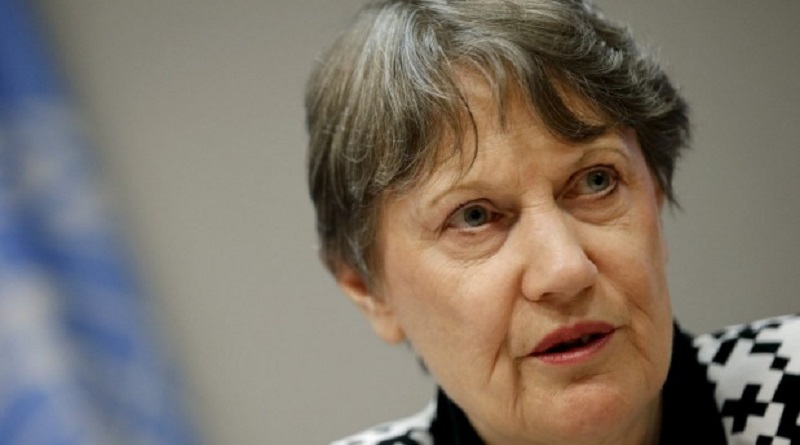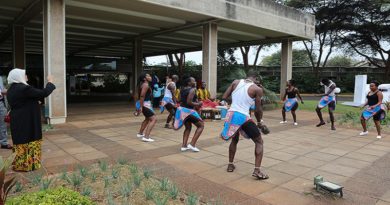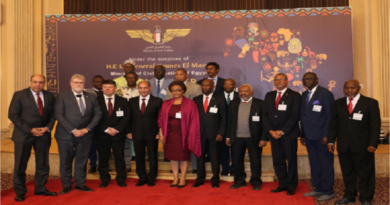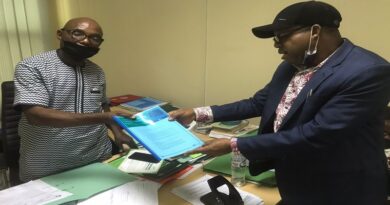Paris Agreement: EurAsia regional NDC dialogue focused on implementation
The recently held Regional Dialogue on Nationally Determined Contributions for Eurasia in Istanbul, Turkey, has advanced discussions on the implementation of the Paris Agreement. The dialogue, that convened over 100 participants representing various government ministries from the Eurasia region, as well as international organizations and other stakeholder groups involved in NDC implementation planning, followed the successful regional dialogues for Latin America and the Caribbean (in Costa Rica), Africa (in Tunisia), and the Pacific Islands (in Fiji).
Organised by the United Nations Development Programme (UNDP) and partners, the dialogue allowed countries to learn from one another and develop a roadmap.
“This dialogue in Istanbul followed the early entry into force of the Paris Agreement and the climate negotiations in Marrakech late last year,” notes Yamil Bonduki, Manager of UNDP’s Low Emission Capacity Building (LECB) Programme. “The discussions allowed countries to learn from one another as they develop roadmaps for turning their national climate plans into concrete actions on the ground.”
The dialogue served as a platform to discuss technical issues related to NDC implementation and exchange country experiences and lessons learned. For the first time, the Istanbul dialogue included a half-day session dedicated to engaging the private sector in NDC implementation. Thanks to presentations by diverse private sector representatives, plenary discussions, and interactive exercises, participants came away with an improved understanding of drivers, barriers, and entry points for engaging the private sector (e.g., trade associations, chambers of commerce, individual businesses, and private investors), as well as the role of governments in doing so.
“The challenge of NDC financing is that no one wants to go first and take the largest risk, so leadership, mainstreaming, and technical and financial assistance need to be aligned”, noted Dr. Sebastian Wienges from the IKI Support Project for the Implementation of the Paris Agreement (SPA). Based on the discussions, some of the recommendations to governments were to: 1) employ public institutions as role models on environmental action, 2) establish clear environmental standards and requirements for businesses, and 3) articulate a business case that demonstrates private investment potential.
The dialogue also reinforced the linkages between the NDC planning process and progress toward the global Sustainable Development Goals (SDGs). According William Kojo Agyemang-Bonsu from the UNFCCC, countries need to work hard in mainstreaming climate action into development so that sectoral policies help them achieve the objectives of their NDCs. It also means that investments need to be redirected to measures that secure development and, at the same time, result in lower emission and more resilient societies.
UNDP emphasized that NDCs can help countries achieve long-term transformation in line with the global 2-degree goal, national development visions, and the SDGs. A participant from the Turkish government recognized these linkages in saying, “We are now aware that we need to integrate NDCs and SDGs. We know that NDCs are an opportunity for cooperation.”
The talks were co-organized by UNDP, the UNFCCC Secretariat, and the UNDP/UNEP Global Support Programme (GSP) for National Communications and Biennial Update Reports, funded by the GEF, in coordination with the NDC Partnership and GIZ. Funding was provided through the generous support from GIZ, Australia, Austria, Belgium, the European Commission, France, Germany, Japan, Norway, the United Kingdom, the United States, and the UNDP/UNEP GSP.




